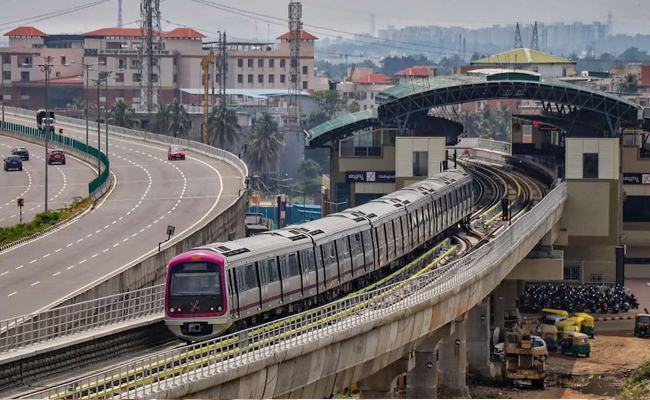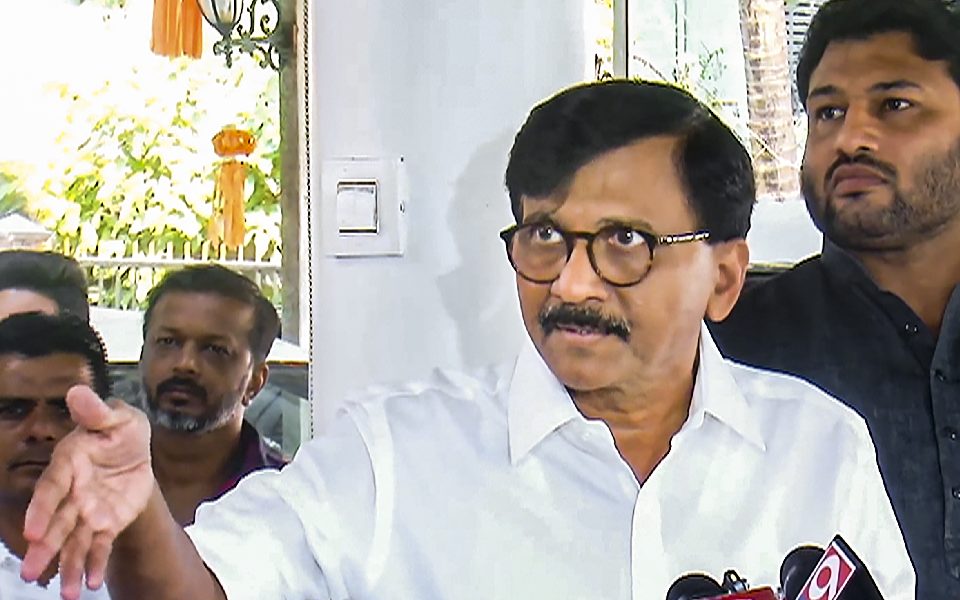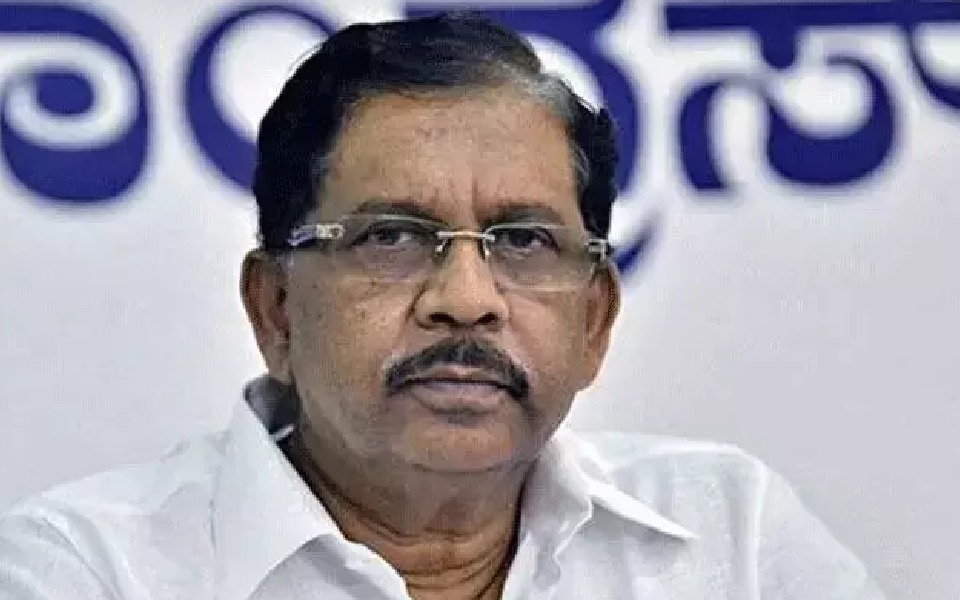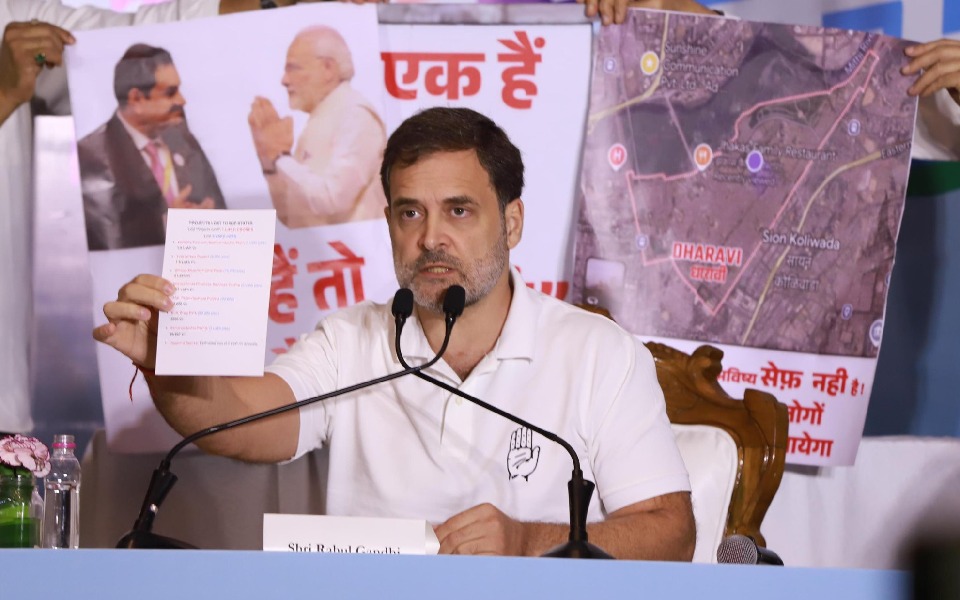Bengaluru: A recent report on participatory government published by the non-profit Janaagraha states that corporation elections in Bengaluru and ten other cities in Karnataka have been postponed by an average of 22 months.
The state capital has seen the longest wait, 47 months, followed by Tumakuru, which has experienced a 12-month delay. The council elections for seven of these cities' mayors have been delayed by an average of eleven months.
Out of the 287 city governments in Karnataka, 210 have not been able to create councils; 23 have not held civic elections, and 187 have not been able to elect a mayor and deputy mayor through elected representatives.
Significant implementation limitations of decentralized participatory government in urban areas were also discovered by the report. Of the eleven city corporations, only one has functional ward committees, which are essential for local public participation. The state's area sabhas, which are supposed to promote grassroots democracy, are either nonexistent or have not been established.
According to the findings, the state's urban government framework has a number of crucial problems. Fifteen of the eighteen local governance responsibilities stipulated by the Constitution are mostly out of the city governments' hands.
Bengaluru residents frequently lament that when they bring up civic issues, they never receive a satisfactory answer or long-term resolution. They believe that local government, which has been absent from Bengaluru's landscape for a while, is the only entity that can address local problems.
The report also noted that legal challenges are causing elections to be delayed, with 89% of urban local bodies embroiled in a court battle over the government's adopted processes for rotating reservations for the mayor and deputy mayor positions.
Let the Truth be known. If you read VB and like VB, please be a VB Supporter and Help us deliver the Truth to one and all.
Mumbai, Nov 25: Shiv Sena (UBT) MP Sanjay Raut on Monday demanded a re-election in Maharashtra using ballot papers, claiming there were irregularities with the electronic voting machines (EVMs).
Talking to reporters, Raut alleged several complaints about EVMs malfunctioning and questioned the integrity of the recently held elections.
The BJP-led Mahayuti won 230 out of 288 seats in the assembly elections, while the opposition Maha Vikas Aghadi managed 46 seats, with Shiv Sena (UBT) winning just 20 out of 95 seats it contested.
"We have received nearly 450 complaints regarding EVMs. Despite raising objections repeatedly, no action has been taken on these issues. How can we say these elections were conducted fairly? Hence, I demand that the results be set aside and elections be held again using ballot papers," Raut said.
Citing some instances, he said a candidate in Nashik reportedly received only four votes despite having 65 votes from his family, while in Dombivli, discrepancies were found in EVM tallies, and election officials refused to acknowledge the objections.
The Sena (UBT) leader also questioned the credibility of the landslide victories of some candidates, saying, "What revolutionary work have they done to receive more than 1.5 lakh votes? Even leaders who recently switched parties have become MLAs. This raises suspicions. For the first time, a senior leader like Sharad Pawar has expressed doubts about EVMs, which cannot be ignored."
Asked about the MVA's poor performance in the elections, Raut rejected the idea of blaming a single individual.
"We fought as a united MVA. Even a leader like Sharad Pawar, who commands immense respect in Maharashtra, faced defeat. This shows that we need to analyse the reasons behind the failure. One of the reasons is EVM irregularities and the misuse of the system, unconstitutional practices, and even judicial decisions left unresolved by Justice Chandrachud," he said.
Raut stressed that though internal differences might have existed within the MVA, the failure was collective.
He also accused the Mahayuti of conducting the elections in an unfair manner.
"I cannot call the elections fair given the numerous reports of discrepancies in EVMs, mismatched numbers, and vote irregularities across the state," Raut said.





